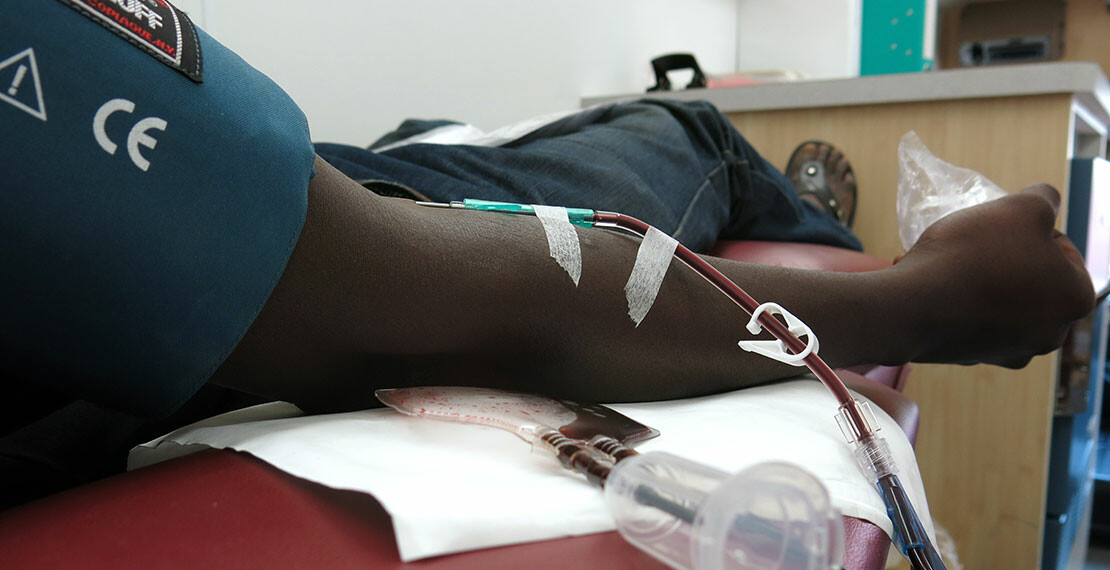Facilitating ethics review during outbreaks

The recommendations presented in the paper result from a two-day workshop convened in March 2018 by the WHO Global Health Ethics Team and the African coaLition for Epidemic Research, Response and Training (ALERRT), with representatives of many National Ethics Committees, to identify practical processes and procedures related to ethics review preparedness.
The workshop considered a number of areas where work might be undertaken to facilitate rapid and sound ethics review:
- Preparing national ethics committees for outbreak response
- Pre-review of protocols
- Multi-country review
- Coordination between national ethics committees and other key stakeholders
- Data and benefit sharing
- Export of samples to third countries
In particular, the participants recommended that:
- Ethics Committees would develop upfront a formal national standard operating procedure for emergency response ethical review.
- There is a need to clarify the terminology and expectations of pre-review (not pre-approval) of generic protocols and agree upon specific terminology.
- There is a need to explore mechanisms for multi-country emergency ethical consultation, and to establish procedures for communication between national ethics committees and other oversight bodies and public health authorities.
- Importantly, ethics committees should request from researchers, at a minimum, a preliminary data sharing and sample sharing plan that outlines the benefit to the population from which data and samples are to be drawn. This should be followed in due time by a full plan.
We hope that the national ethics committees, supported by the WHO, relevant collaborative research consortia and external funding agencies, will work towards bringing these recommendations into practice, for supporting the conduct of effective research during outbreaks.
Spread the word! Deel dit artikel op









